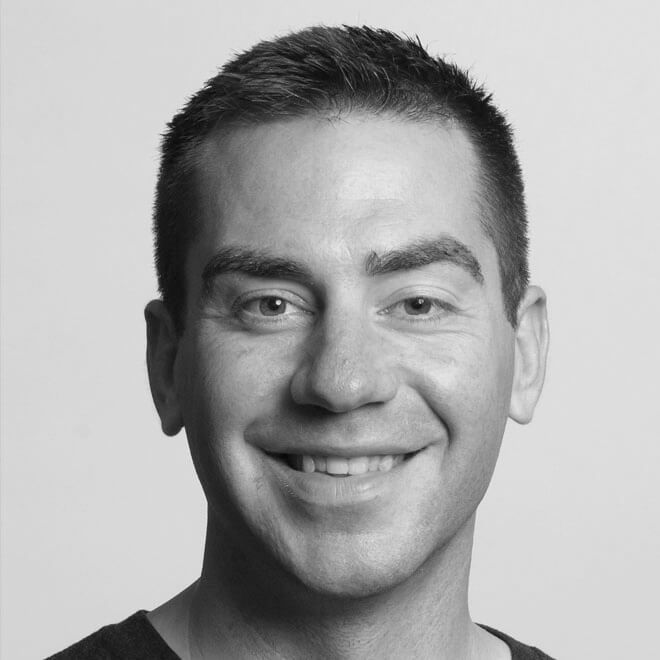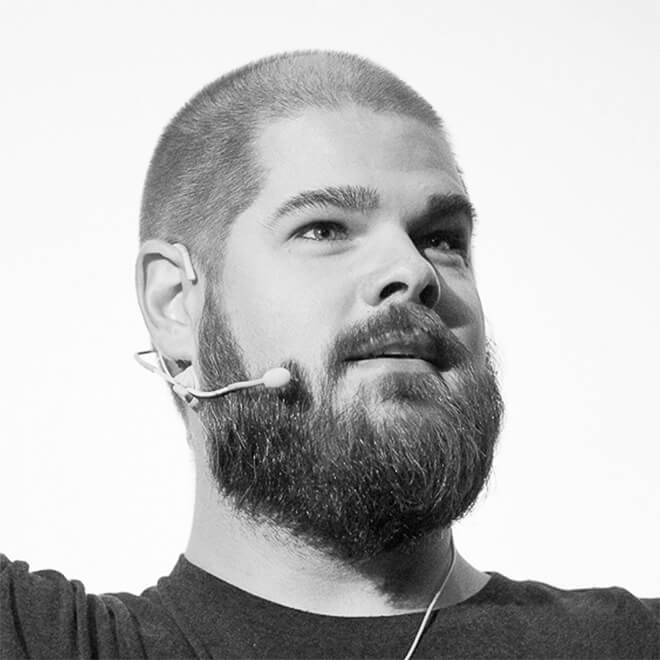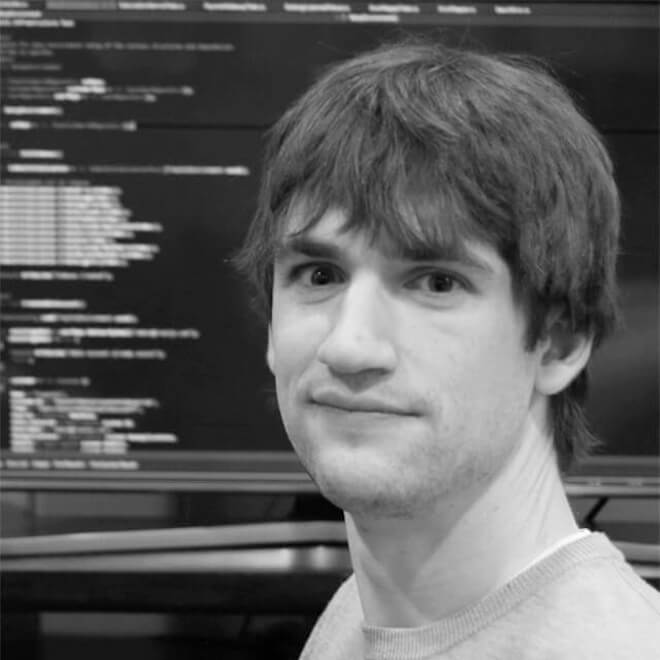Our story
2010
We were independent engineering consultants working with some of the world's biggest companies. Every project had the same problem: JavaScript applications were breaking in production, and teams had no idea why or how to fix them.
2012
Fed up with the lack of good debugging tools, we bootstrapped TrackJS with our own savings. Our breakthrough insight: the events leading up to an error are just as important as the error itself. The Telemetry Timeline was born.
2014
We made the decision to own our company completely—no investors, no board meetings, just us building what developers actually need. From our home offices (not a San Francisco co-working space), our first paying customers proved we were onto something big.
2016
TrackJS was growing fast enough that we could finally quit our consulting work and focus full-time on building the best JavaScript error monitoring tool on the web.
2020
We launched Request Metrics, our second product focused on web performance monitoring. Because fixing errors is only half the battle—your site also needs to be fast.
2025
Today, TrackJS monitors big and small sites across the internet. We're still independent, still focused on simplicity, and still believe that great tools come from developers who understand the problems they're solving.



